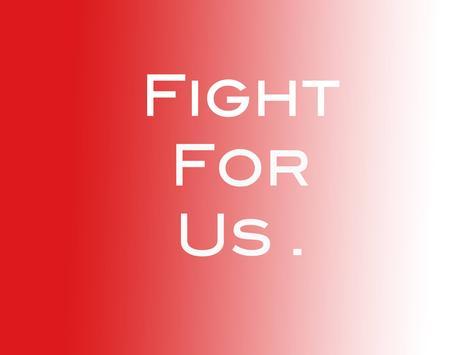
Stop feeling sorry for us.
The onset of my disabilities began at thirteen and I have been unable to engage in regular physical activities for years. Early on, I braced myself for a lifetime of chronic back dysfunctions compounded by the equally debilitating realities of depression and anxiety. The transition into my status as “disabled” and later to my status as “part-time wheelchair user” has been endlessly complex. I went from having a body that people celebrated—a body that fulfilled cultural obsessions with physical strength and performativity—to having a body that was rejected.
The precise moment at which my body became a “problem” will remain with me forever. It was when my first back specialist informed me that I had fractured multiple parts of my lumbar spine— not because of any accident, but because of my body’s own dysfunctional development. This experience marked the first of many strange rituals: the regular practices of passing through unfamiliar hands, lying in MRI tubes, welcoming the needles and injections of ‘experimental’ substances. A body surrendered—a body under attack.
After years of treatment, I finally realized that my pain and structural differences are a deeply fundamental part of who I am. The choice became clear: I could either accept my chronic condition as another multi-dimensional, beautiful part of who I am, or continue to hate my body as a perpetually “broken” object out of place.
When I first started using my wheelchair, my parents were heartbroken to see their once active child so “confined” and “immobile.” They insisted that I see more doctors, get more MRIs, explore more options for injections or surgery — whatever it took for me not to use the chair. They were concerned that I would inevitably become “too dependent” on my wheelchair, and, by extension, “give up” on myself. For the longest time, they imagined that my “immobility” was something that could be isolated and destroyed. And because my body evoked sadness in others, particularly my parents, I suddenly became responsible for carrying out this endless pursuit of “fixing” myself for others.
These words and anecdotes may seem harsh, but they are exceedingly common for disabled folks on all spectrums to hear from loved ones— even those who are extremely well intentioned. People who have disabled folks in their lives would do well to understand that those of us who are differently-abled typically spend our entire lives growing into our disabilities. Here are some very simple, yet unbelievably important practices to keep in mind.
- If a disabled person says that they need something— a particular accommodation—do not question the validity of that request. Even if their disability is invisible and is something that is not immediately apparent to you, trust them and do whatever you can to get them what they need.
- Never criticize us for deciding not to explore more professionalized medical assistance. The glorification of western medicine is deeply colonial, and for many of us this form of industrialized “care” has failed us time and time again. In the same vein, support us if we want to explore alternative forms of healing and don’t trivialize the ways in which we find comfort and care.
- If there is a big social event happening that we do not have access to because of a lack of accommodations, ask to speak to someone who is organizing to stress the importance of accessibility. And if the event is simply never going to be accessible for a disabled friend, offer to do something else with them that day that is accessible and fun for them! We are constantly being left behind and experience a whole new level of FOMO.
- Know that whatever we choose to do with our bodies is our choice, one that should be championed and celebrated. As people whose bodies and minds are subjected to various forms of structural violence, protect us and our right to exist as autonomous beings!
- Our minds, bodies, and circumstances are not “sad”!
- I repeat: STOP pitying us because our minds and bodies exist in specific ways that have been deemed “disabled.” Feeling “sorry” just puts an absurd demand on us to supply people with emotional labor. I have too much shit to deal with to cure you of your sadness regarding my life!
- Instead of feeling sorry for us, start fighting for us! Because ableism is rampant and much of the world has not been structured both ideologically and physically for people like us, it is so incredibly common for disabled people to internalize blame. But there is nothing inherently “wrong” with our bodies. Rather, people must join us in rejecting hegemonic standards of what it means to have a “healthy” or “productive” body. Join an organizing effort today: fight for disability rights!
Although the journey has been incredibly taxing in so many ways, I have learned more about myself and my body from my disability than I ever gleaned through sports or other standard forms of physical activity. The relationship I have developed with my body is deeply intimate and constantly evolving, growing stronger and more beautiful every day. Those of us with disabilities do not need your pity— we need your commitment. Fight for us.

